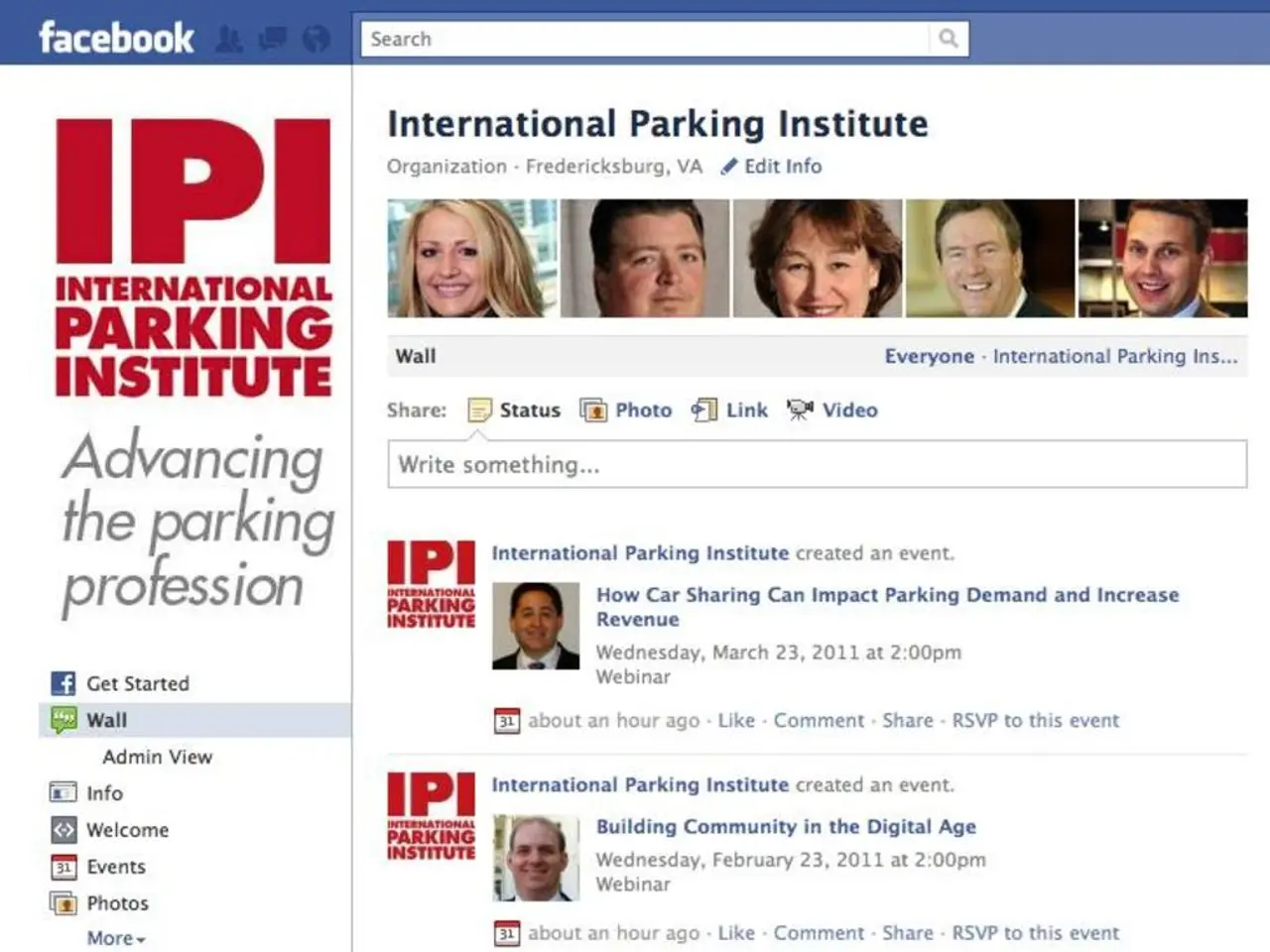Hezbollah denies disarmament demands, insists on arms as Lebanon's "power"
In the ongoing conflict between Israel and Lebanon, Hezbollah Secretary-General Naim Qassem has firmly rejected calls for the group to disarm and surrender its weapons. Qassem argues that Hezbollah’s armed strength is essential for Lebanon’s defense against Israeli aggression, and disarming Hezbollah would leave Lebanon defenseless.
The Israeli war on Lebanon, which began in October 2023, has left over 4,000 people dead and nearly 17,000 injured. The renewed debate over Hezbollah’s weapons follows a visit by U.S. envoy Thomas Barak and the formal response to Washington's proposal on Hezbollah's disarmament and the withdrawal of Israeli forces from southern Lebanon.
Qassem maintains that Hezbollah’s weaponry is legitimate, rooted in past resistance victories and constitutional legitimacy. He views the group’s armed status as a symbol of Lebanon’s strength and has called it unreasonable to pressure Hezbollah while ignoring Israeli occupation and attacks. Instead, he calls for a united Lebanese front, including the Lebanese Army working alongside Hezbollah to confront Israel, prioritizing national security and sovereignty.
This position contrasts with the Lebanese government's stance, including President Joseph Aoun and other political leaders, who advocate for exclusive state control of weapons and want Hezbollah to disarm. The Justice Minister and some MPs have accused Qassem of threatening internal conflict if the government tries to enforce disarmament. Nonetheless, Qassem reiterates that Hezbollah’s weaponry is not part of any deal with the Israeli enemy.
The full content of Lebanon's reply to the calls for Hezbollah disarmament remains undisclosed. However, the Lebanese reply emphasizes the state's sole authority over national defense decisions. Qassem warns that calls to disarm Hezbollah essentially serve Israeli interests, and he declares that if all Hezbollah members are killed, Israel will still fail to defeat them.
The developments unfold against the backdrop of the Israeli-Lebanon conflict, with rising tension along the southern Lebanon border leading to repeated Israeli air raids striking civilian areas. The ceasefire in place since late 2024 has not prevented Israeli air raids from targeting civilian areas. The priority, according to Qassem, is reconstruction and ending the aggression, not disarmament.
On July 4, Qassem reiterated that the withdrawal of Israeli forces is a prerequisite for any discussion on Hezbollah's weapons. The conflict between Israel and Lebanon escalated into a full-scale conflict by September 2024. The Lebanese government is debating extending the state's sovereignty over all its territories exclusively through its own forces, in reference to Hezbollah's weapons.
Despite the ongoing conflict and calls for disarmament, Hezbollah will not hand over its weapons to Israel, as stated by Qassem. The future of the conflict and the role of Hezbollah remain uncertain, but one thing is clear: the group sees its weapons as a vital part of Lebanon’s defense against Israel and a symbol of the country’s strength and sovereignty.
- The ongoing Israeli-Lebanon conflict, filled with war-and-conflicts and political tensions, has led to debates about Hezbollah's weapons in the realm of politics.
- In the realm of general-news, the Lebanese government and Hezbollah Secretary-General Naim Qassem hold opposing views on Hezbollah's disarmament, with Qassem arguing for the group's armed status as essential for Lebanon's defense.
- As the conflict continues, Hezbollah, rooted in history of resistance victories, sees its weaponry (science and technology) as a symbol of Lebanon's strength that cannot be compromised for the sake of peace negotiations with Israel, according to Qassem.
- The ongoing Israeli-Lebanon conflict, filled with war-and-conflicts and political tensions, has sparked debates in the sphere of science, politics, and entertainment, with Qassem warning that calls for Hezbollah disarmament essentially serve Israeli interests and risk fueling internal conflict.







